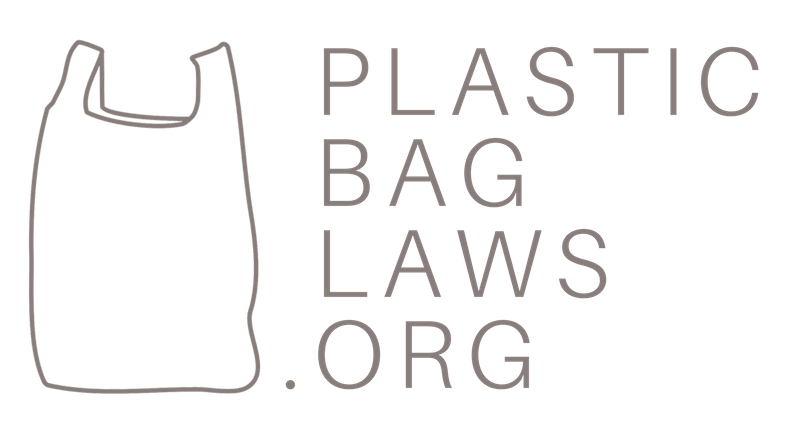California state law (AB 2449) preempts municipalities from charging a fee for plastic bags at checkout. San Francisco circumvented this law by enacting a ban on plastic bags instead of imposing a fee. San Francisco’s ban was not challenged in court, but virtually every other California municipality that adopted a plastic bag ban that preceded San Francisco was sued or threatened to be sued by groups related to the plastic bag industry (primarily Save the Plastic Bag Coalition). Palo Alto settled its lawsuit by agreeing not to expand its ban without completing an EIR. Fairfax enacted its ban by voter initiative, which is exempt from CEQA. The lawsuits were brought by groups related to the plastic bag industry — in the “public interest” — arguing that the municipality is required to complete an EIR under CEQA before a plastic bag ban can be enacted. What these suits accomplish is delay in enactment or implementation of bans, in addition to intimidation. Also, since EIRs are often prohibitively expensive, the suits have the effectively eliminated many local plastic bag bans. The first lawsuit over a plastic bag ban was against the City of Oakland. Oakland lost the suit, due in large part to the virtual smokescreen set up by the plastics industry - arguing that paper bags were worse for the environment than plastic and that not enough compostable resin was available to meet demand. Although the superior court’s decision on Oakland’s plastic ban was based solely on Oakland’s administrative record and was not binding on other courts, the Oakland decision was continually referenced because it was the first judicial opinion on the subject. The Oakland opinion was referenced in letters threatening litigation to other cities, and was attached as an exhibit to the subsequent lawsuits as persuasive precedent.
After completing EIRs, the Los Angeles County Board of Supervisors and the City of San Jose adopted ordinances banning plastic bags and imposing a 10-cent charges on paper bags, known as "second generation" plastic bag ordinances. Marin County adopted an ordinance under a categorical exemption (no EIR) and was sued by the Save the Plastic Bag Coalition. Santa Clara county adopted an ordinance pursuant to a negative declaration and was not sued.
In the wake of Manhattan Beach’s victory, many California cities moved forward with "second generation" plastic bag bans.
AB 2449's preemption on local fees on plastic bags expired on January 1, 2014, but California cities continue to pursue second generation plastic bag bans (usually a ban on thin plastic bags and a small charge on paper and sometimes reusable bags).
(This summary was last updated February 2014.)
